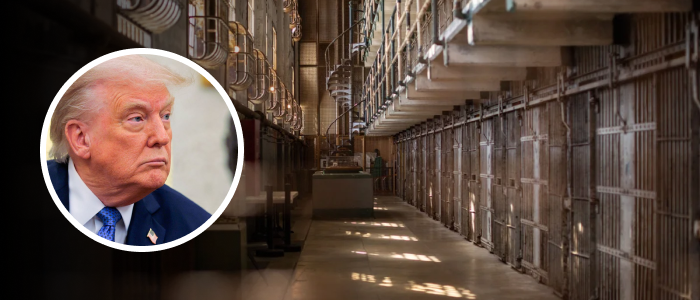Pope Francis will be remembered not only for his profound humility and compassion but also for a fundamental shift he inspired in the Catholic Church: the revival of synodality. In calling the Church to become a “community that listens,” he reaffirmed a vision of faith that is less about hierarchy and more about journeying together — lay people, clergy, religious, and bishops — discerning the Spirit’s voice through mutual listening and dialogue. Synodality, as championed by Pope Francis, is not merely a method for ecclesiastical meetings.
It is a way of being Church. It challenges the faithful to move beyond passive reception toward active participation, where communication and collaboration are not exceptions, but expectations. In everyday practice, this means fostering open dialogue within parishes, listening attentively to the experiences of the marginalized, and valuing the contributions of the laity as co-responsible agents of mission.

The impact of this legacy on post-Francis Church leadership globally is already visible. Future Church leaders — bishops, priests, and even lay leaders — are being formed in an environment where consultative decision-making is prioritized over top-down governance. Instead of decisions being made solely by a select few, there is greater emphasis on processes of consultation, discernment, and consensus-building.
By encouraging greater participation among the laity, the possibilities for sustained community involvement are expanded. In places where the model of the Church had long been perceived as distant or rigid, synodality breathes life into relationships among the faithful. It opens spaces for honest conversations on difficult issues, trusting that the Spirit moves in the exchange of diverse perspectives.
This culture of shared listening promises to strengthen the Church’s credibility in a world skeptical of institutions that seem out of touch. In the Philippines, a nation where Catholicism is deeply woven into the fabric of society, the practice of synodality resonates powerfully. Filipinos are naturally communal; “bayanihan” — the spirit of communal unity and cooperation — is in our cultural DNA.
Pope Francis’ call for synodality affirms these instincts, encouraging Filipino Catholics to bring this cultural strength into Church life: to make parishes true “communities of communities,” to build bridges between clergy and laity, and to ensure that every voice, especially the voices of the young, the poor, and the marginalized, is heard. Already, we see seeds of this transformation. In diocesan assemblies, parish consultations, and even online faith communities, there is a growing appreciation for dialogue, for listening before speaking, for discerning before acting.
Church leaders are learning that authority rooted in listening is not weaker, but stronger; not slower, but ultimately more enduring. The post-Francis Church will not be a perfect one. Differences and tensions will remain.
But because of Pope Francis’ vision, it will be better equipped to face them — not through division or silence, but through a renewed commitment to walk together, to listen deeply, and to act with shared purpose. This is the synodal Church: not a static institution, but a pilgrim people. In embracing this path, the Church around the world, and especially in the Philippines, moves closer to its true mission — to be a living sign of God’s love in the world, a community not set apart but walking alongside all humanity in hope and faith.
.
Politics

Listening, walking together: Pope Francis’ legacy of synodality

Pope Francis will be remembered not only for his profound humility and compassion but also for a fundamental shift he inspired in the Catholic Church: the revival of synodality. In calling the Church to become a “community that listens,” he reaffirmed a vision of faith that is less about hierarchy and more about journeying together — lay people, clergy, religious, and bishops — discerning the Spirit’s voice through mutual listening and dialogue.















